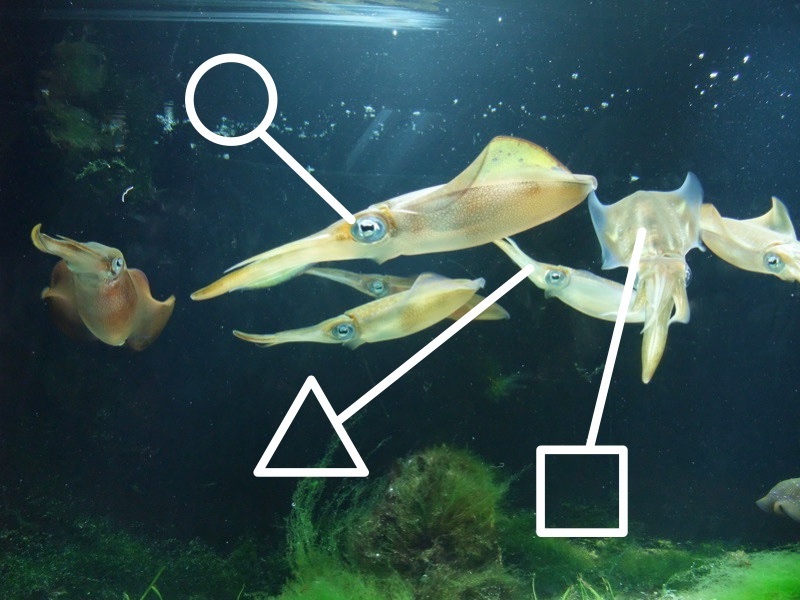In the past couple weeks, Stanford’s campus has fallen into the tentacles of a new Netflix show. A daring documentary on cephalopod social behavior, the show covers cutting-edge research into octopuses, cuttlefish, and, of course, squid. Or so I assume, anyway — I haven’t actually had a chance to watch it yet.
The title, “Squid Game,” is the name researchers have assigned to a symbolic bonding ritual observed in multiple cephalopod species. Large numbers of squid, often of the Illex genus, gather to perform a specific sequence of coordinated movements. No surprise that this beautiful exhibit of natural harmony has enraptured thousands of students. I mean, that must be it.
The show joins a growing list of Netflix original documentaries (I think), including “Salt Fat Acid Heat” and “Our Planet.” Specifically, it draws on the cephalopod craze kicked off by “My Octopus Teacher,” which explores the previously unknown details of cephalopod pedagogy. Huh? No, I haven’t seen that either; why?
In any case, “Squid Game” is set to be one of the most influential shows ever to be produced about tentacled ocean-dwelling creatures, and shows no signs of slowing down… I think.
Editor’s Note: This article is purely satirical and fictitious. All attributions in this article are not genuine, and this story should be read in the context of pure entertainment only.
